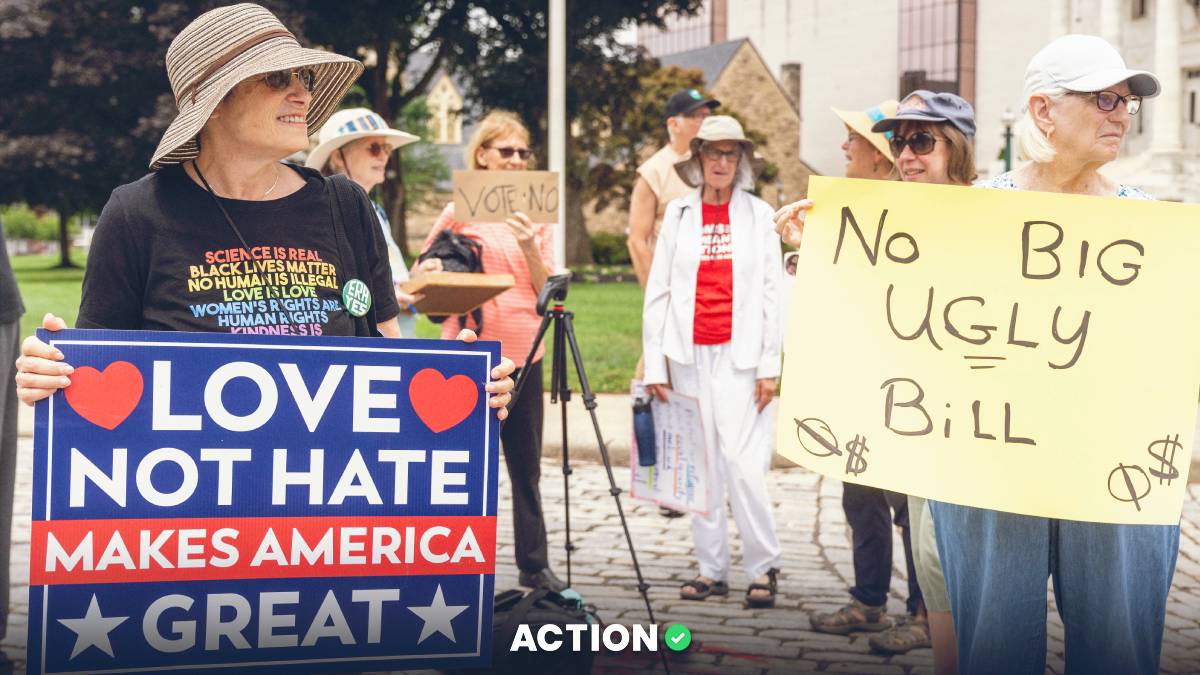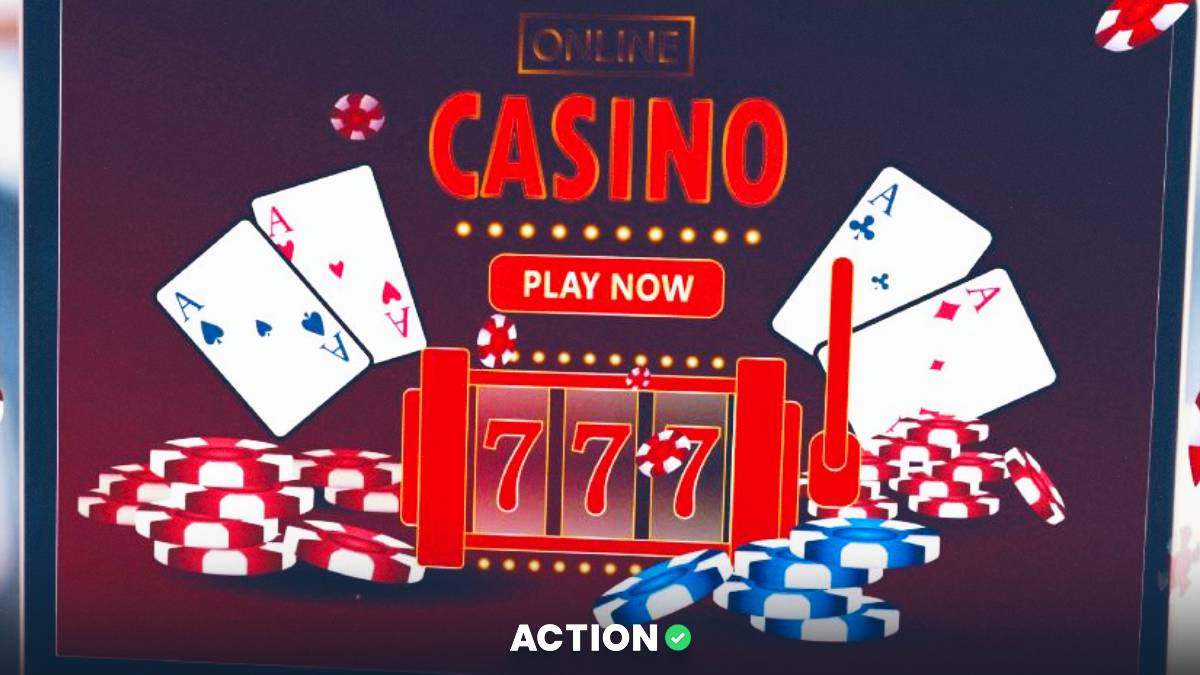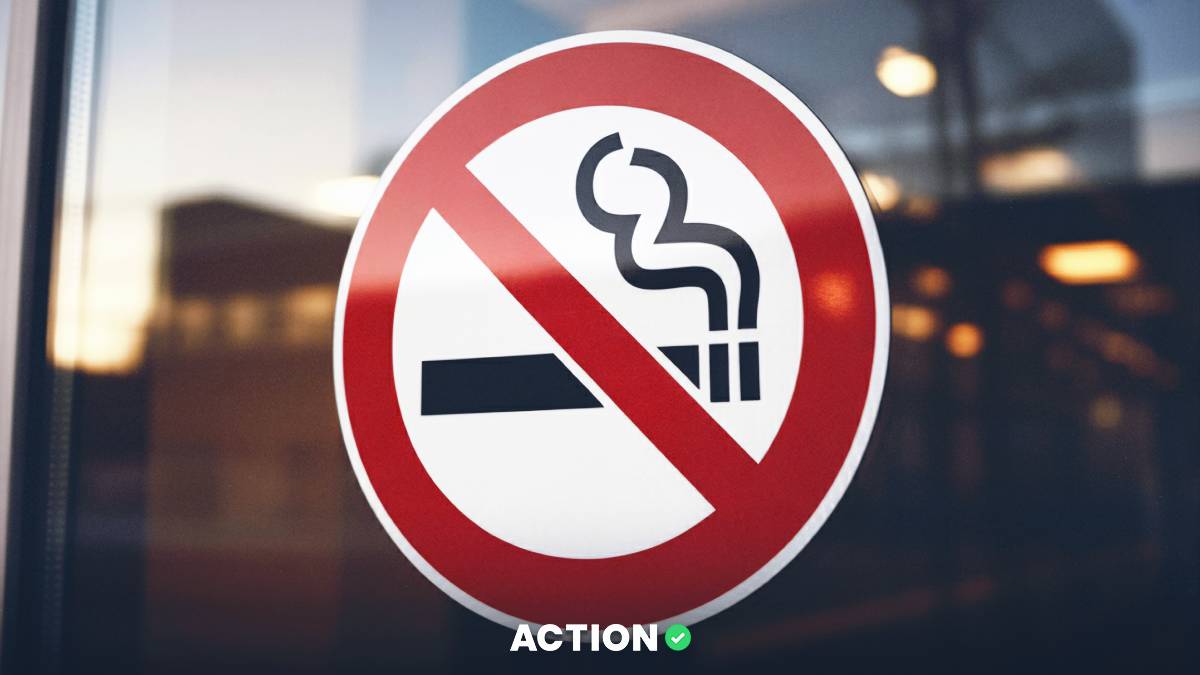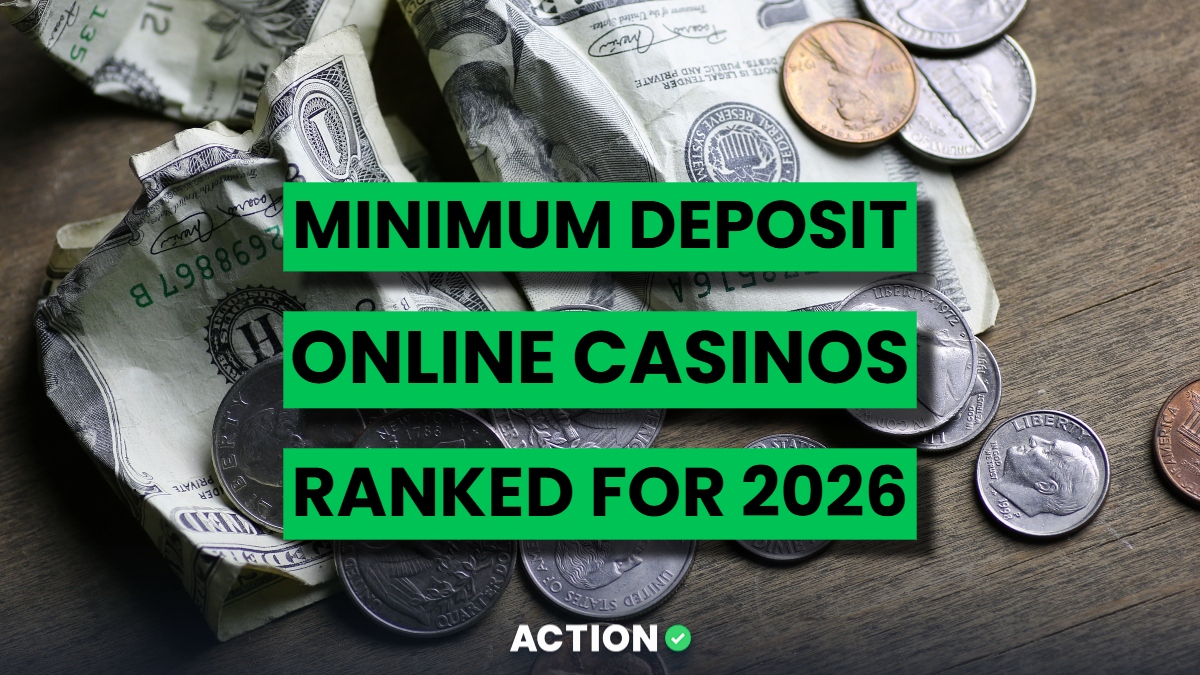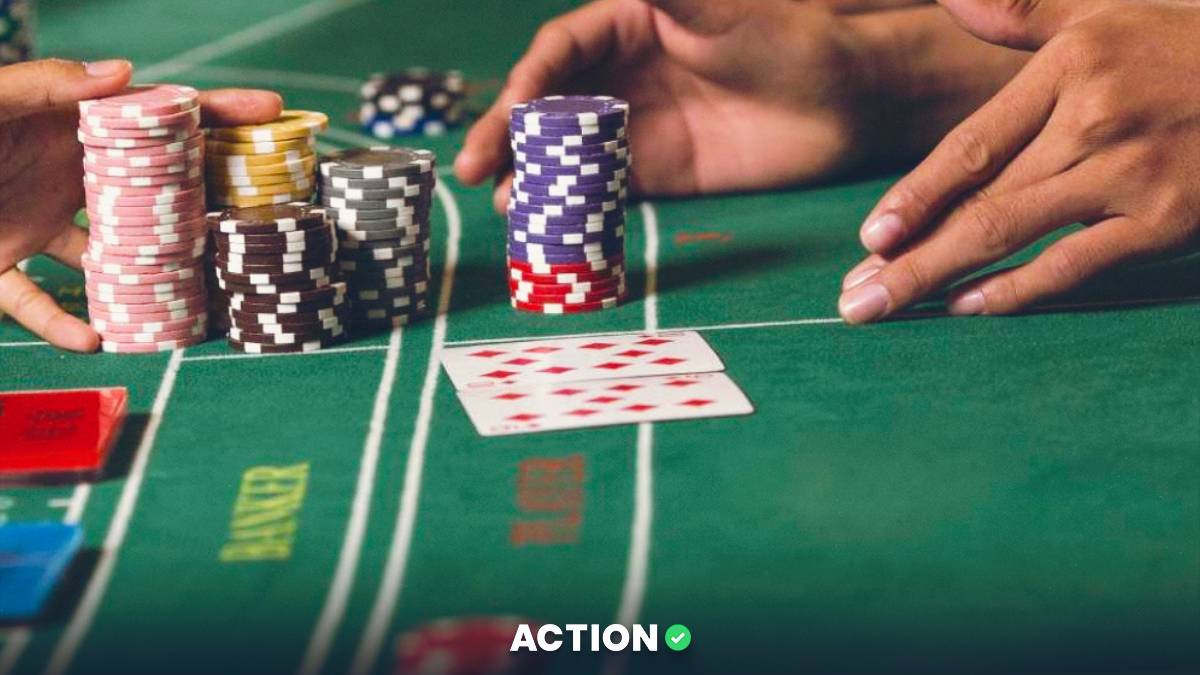The battle over the gambling tax provision in the Big Beautiful Bill is far from over.
The One Big Beautiful Bill Act (OBBBA), signed into law by President Donald Trump, has stirred up quite the controversy, thanks to the unexpected provision on gambling taxes.
Just days after its passage, this new rule is facing calls for repeal from politicians on both sides of the aisle.
So, what's the big deal? Starting in 2026, the law changes how gamblers—whether a weekend poker player or a seasoned professional—report their winnings and losses.
In short, the response has been immediate and loud.
Key Gambling Tax Changes Under the Big Beautiful Bill
In the past, gamblers had it straightforward when it came to taxes: if you won money but lost the same amount, your tax balance was zero. Simply put, you could deduct all your losses from your winnings. Easy, right?
The new law tweaks that rule. Now, you can only deduct 90% of your losses. This means if you win $100,000 and lose $100,000 in a year, you’d still have to pay taxes on $10,000. Ouch!
This may sound like a minor adjustment, but it could have big repercussions:
1. Tax Bills with No Profit: Imagine winning $200,000 but losing $210,000. You’re technically at a $10,000 loss. Yet, you'd still owe taxes on $11,000!
2. Professional Risks: For those who gamble for a living, this law could be a game-changer, and not in a good way. Paying taxes on "imaginary" income makes it tough to stay afloat.
3. Casual Gamblers Hit, Too: Even for leisure gamblers, the unexpected tax bills could be a nasty surprise, even in a losing year.
4. Industry Shake-Up: There’s concern this law could shrink poker tournaments, push people to illegal gambling alternatives, and reduce casino revenues—hurting states that depend on this tax income.
Why Is the Gambling Tax Change in the Big Beautiful Bill Needed?
The gambling tax change in the One Big Beautiful Bill was primarily included to increase federal revenue and ensure the bill complied with Senate budget rules.
Originally, this change wasn't going to specifically target gamblers. It resulted from the Senate's rules requiring changes to have a clear budgetary effect, like raising money.
Reducing the amount gamblers can deduct for their losses is expected to raise around $1.1 billion over ten years. It's a way to balance the overall cost of big tax cuts in the bill without increasing national debt.

To get the bill through the Senate quickly, it had to follow certain rules that ensure it affects the budget. This 10% deduction cut helped make the numbers work in favor of the budget.
State and local taxes also apply to gambling winnings. But some states are tax free when it comes to jackpots.
The provision was authored by Sen. Mike Crapo (R-Idaho), but many lawmakers, including some who voted for the bill, have since expressed regret or surprise at its inclusion and are now pushing for its repeal.
The Backlash and Political Moves Caused by the Provision
Pushback against the gambling tax provision in the One Big Beautiful Bill is coming from a broad coalition that includes both Democratic and Republican lawmakers, as well as professional gamblers and industry advocates.
Lawmakers from both parties want to scrap this part of the bill, including:
Rep Dina Titus (D-Nevada), who introduced the FAIR BET Act to restore the full deduction for gambling losses.
Rep. Ro Khanna (D-Calif.) and Rep. Troy Nehls (R-Texas), who are co-sponsoring the FAIR BET Act alongside Titus.
Additional co-sponsors include Reps. Steven Horsford (D-Nev.), Jeff Van Drew (R-N.J.), and Mark Amodei (R-Nev.).
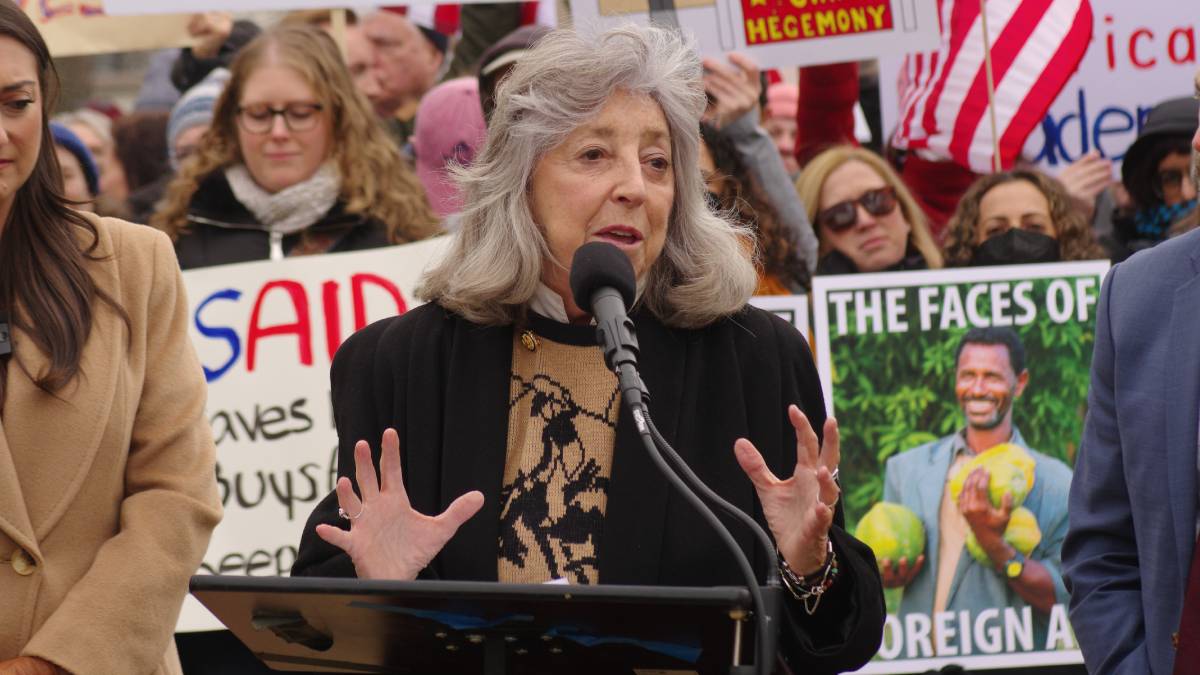
This bipartisan group of lawmakers argues that the new 90% deduction cap is unfair and could result in gamblers owing taxes even when they have net losses, fundamentally changing the economic reality for both professional and recreational gamblers.
Professional Gambling Industry Also Pushing Back
Beyond Congress, professional gamblers—including high-profile figures in the poker and sports betting communities—have vocally opposed the provision. Poker pros Doug Polk and Phil Galfond worry it could hurt players and the industry they love, warning it could devastate their livelihoods and the broader gambling industry.
The American Gaming Association (AGA) has also signaled disappointment and is hoping to work with Congress to reverse the change.
This, after the AGA posted a controversial statement on X, surprisingly expressing support for the OBBBA.
The AGA is now publicly supporting the FAIR BET Act, which seeks to restore the full 100% deduction for gambling losses.
So, with pressure mounting from all sides, what's next for this controversial provision? Unless Congress changes its mind, come 2026, gamblers will need to brace for a new tax landscape. But given the pushback, stay tuned—this story is not over, not by a long shot.


